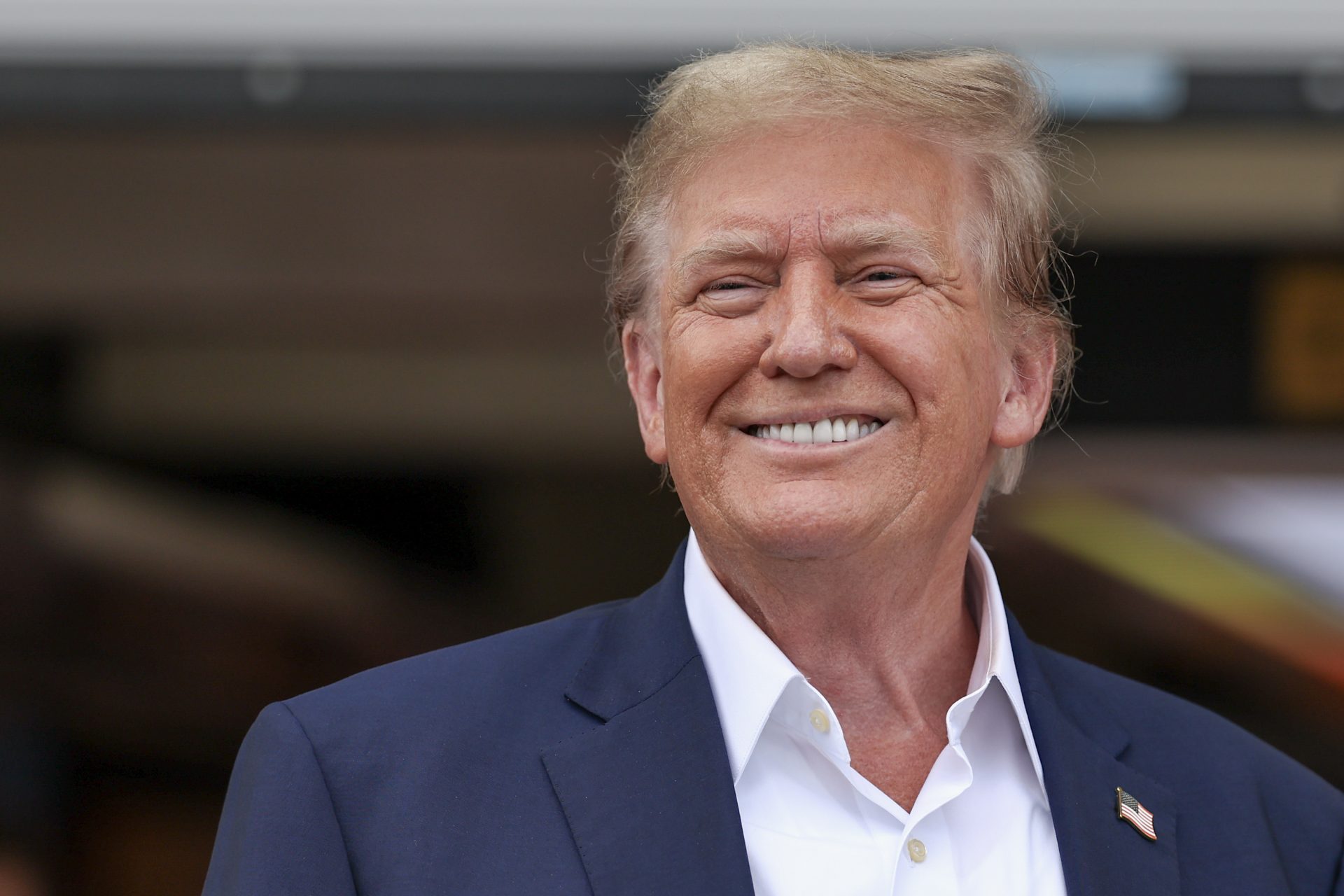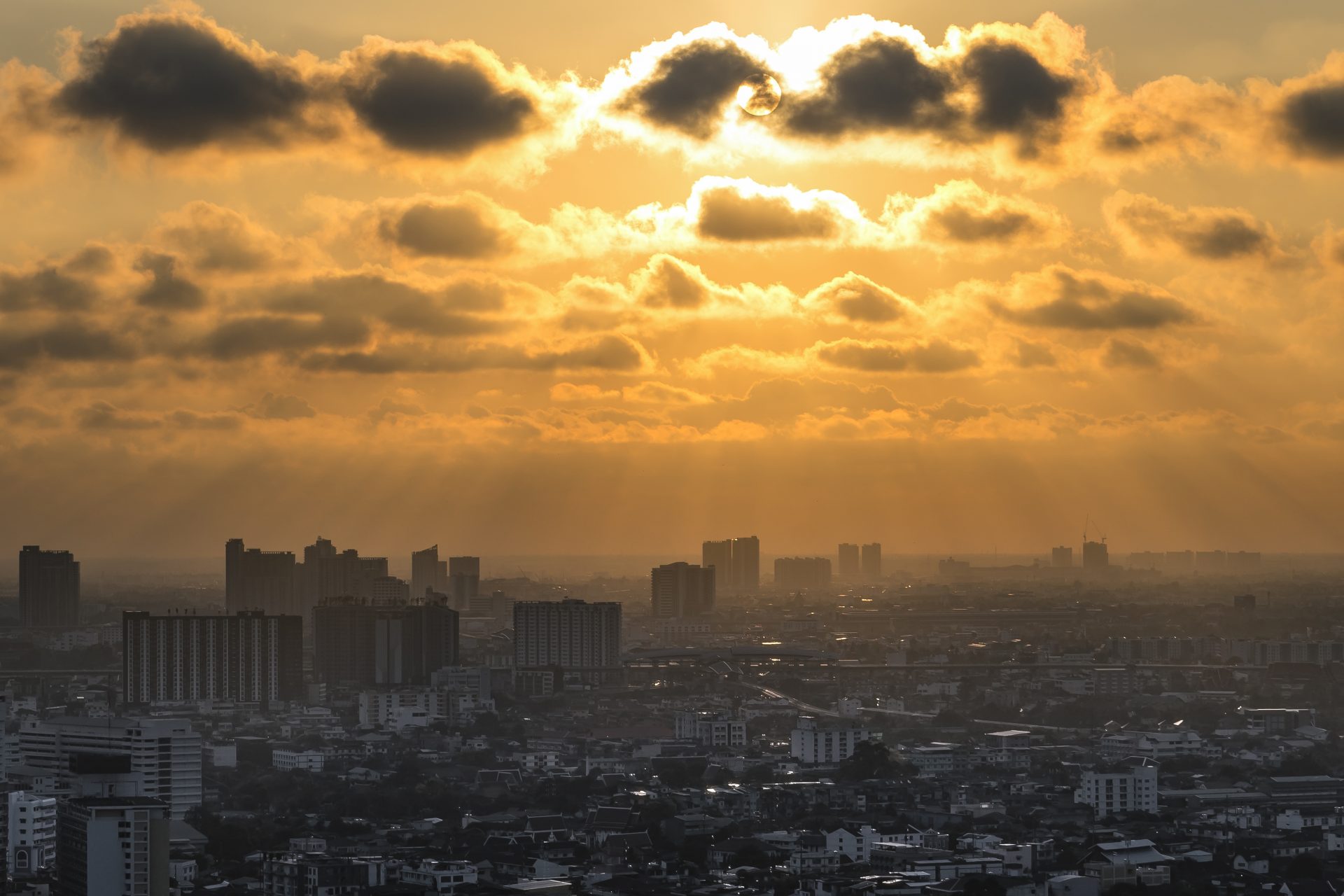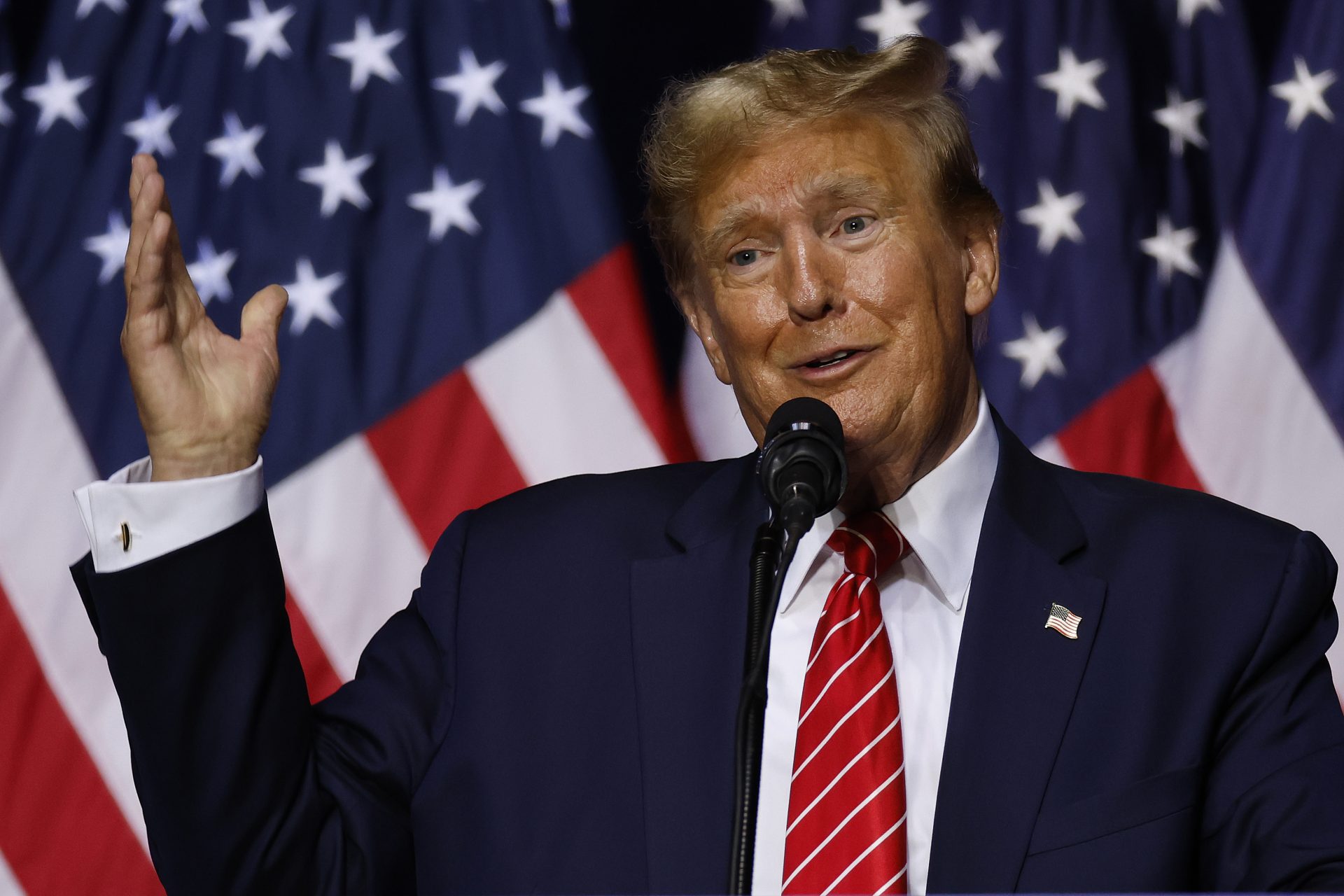The global economy in 2022: is it getting better or worse?
In 2020, the global economy experienced a deep recession due to the restrictions and lockdowns of the Covid-19 pandemic. The year 2021 was characterized by a slight upturn but also by new uncertainties. What can we expect from 2022? Is the economy moving forward or is it going to fall again?
The first challenge for the global economy is called Omicron. This Covid variant appears to be less aggressive but much more contagious than previous variants. Infections are reaching record levels in several countries and many employees have had to be quarantined. Activity in the coming months is likely to depend largely on the evolution of the pandemic.
The development of the Covid-19 vaccine gives hope that the pandemic will gradually ease. That is good news for business as well as for the personal freedoms of citizens.
Lockdowns and other restrictive measures have forced many industries to close temporarily or permanently in the past two years. Think of tourism, restaurants, culture, sports and other activities where people get service and come together. Millions of people in those sectors have been sidelined. They hope for a recovery as economies struggle to return to pre-crisis levels.
Governments have taken drastic measures to counter the crisis. On the one hand, they support companies that were hit by the corona crisis. On the other hand, they are developing large-scale economic stimulus programs to boost the economy. US President Biden did that at the beginning of his term, and European countries agreed to a similar program in the summer of 2020 as well.
Due to the governments' extra expenditures and tax revenues they missed out on, public debt in many countries inevitably increased enormously. If the pandemic continues, countries with such high debts will have very little room to keep their economies afloat.
In 2022, economic life is expected to return to its normal rhythm. Most companies are probably able to get back to pre-pandemic activity levels, which means that governments can end their support measures (such as loans, unemployment subsidies, etc.).
Since the economy has been artificially kept alive for two years, the high government debt and the problems of small companies and vulnerable sectors could still bring the world and local economies in danger. Can they absorb any new shock, whatever it may be?
While companies may be preparing to return to their normal, pre-pandemic activity, they have not been able to do so entirely. Many countries still impose QR-codes for entry in public places or quarantines for families with a case of Covid-19. These regulations continue to slow down economic activity.
Once all brake pedals are lifted, will we see an economic boom? It is a possibility.
It is a good sign that many people have been able to save an enormous amount of money during the crisis. They should spend this reserve in the coming months to partially offset previous losses in business.
The pandemic has exposed the problem of international dependency. Since the beginning of the pandemic, it's been clear that many countries had not produced or stocked up on enough masks, disinfectants and tests to deal with the health crisis. Western states found themselves dependent on non-Western producers for essential products. Now, policymakers are wondering whether production activities should not be distributed differently around the world.
The current economic situation is also determined by shortages, especially those of semiconductors. The lack of chips has a negative effect on production in many branches, especially in the automotive industry. Limited supply in those sectors can drive prices up significantly.
In general, the high inflation of recent years is also problematic for many economies. Scarcity of goods coupled with massive macro-economic support by central banks has caused currencies to fall and prices of commodities and food to rise. Households are also having problems due to increased energy prices. The lower the purchasing power of average consumers, the harder it will be for the economy to recover.
The global economy is increasingly affected by the confrontation between the two economic superpowers, the US and China. The trade war between these two countries has taken on a geopolitical dimension with conflicts in several regions such as Taiwan and Iran-Pakistan.
There have been growing fears among policymakers and other experts that a new Cold War is imminent. Not only between the US and China but also between NATO and Russia. The question is: what place will Europe occupy in this new world order?
The financial system is undergoing drastic changes, partly due to the growth of cryptocurrencies. Even companies like Facebook are thinking of introducing their own currency.
Cryptocurrencies mostly circulate beyond the reach of banks and governments. Their value fluctuates wildly. Due to the rise of cryptos, the financial world is not only becoming more diverse but also more uncertain.
The most important development for the global economy will be the concerted fight against climate change. At the COP 26 climate summit in November 2021, international political and business leaders agreed on a series of climate protection measures, such as the phasing out of fossil fuels, that will radically change many industries.
A positive side effect of the pandemic has been that it forced people to choose more sustainable habits. For example, there is more local tourism and fewer people have been taking the plane for short distances.
In addition, more people are working from home. There are also signs that certain groups of people are looking for calmer, simpler lifestyles. This could work out well for the ecological emergency in which we find ourselves.
Another interesting development is the possible introduction of a worldwide minimum tax for companies. This legislation would make it more difficult for multinationals to evade taxes by playing off the tax rates of one country against another.
Finally, the crisis accelerates the changes that have already emerged in new economic sectors. In the coming years, promising industries such as artificial intelligence, biotechnology, as well as environmental conservation activities will develop.
Will we see further setback or stagnation due to the Covid crisis? Or is this the start of a new era? No one can predict that right now. What we do know is that the coming period will be characterized by uncertainties but also by many opportunities.
More for you
Top Stories





































